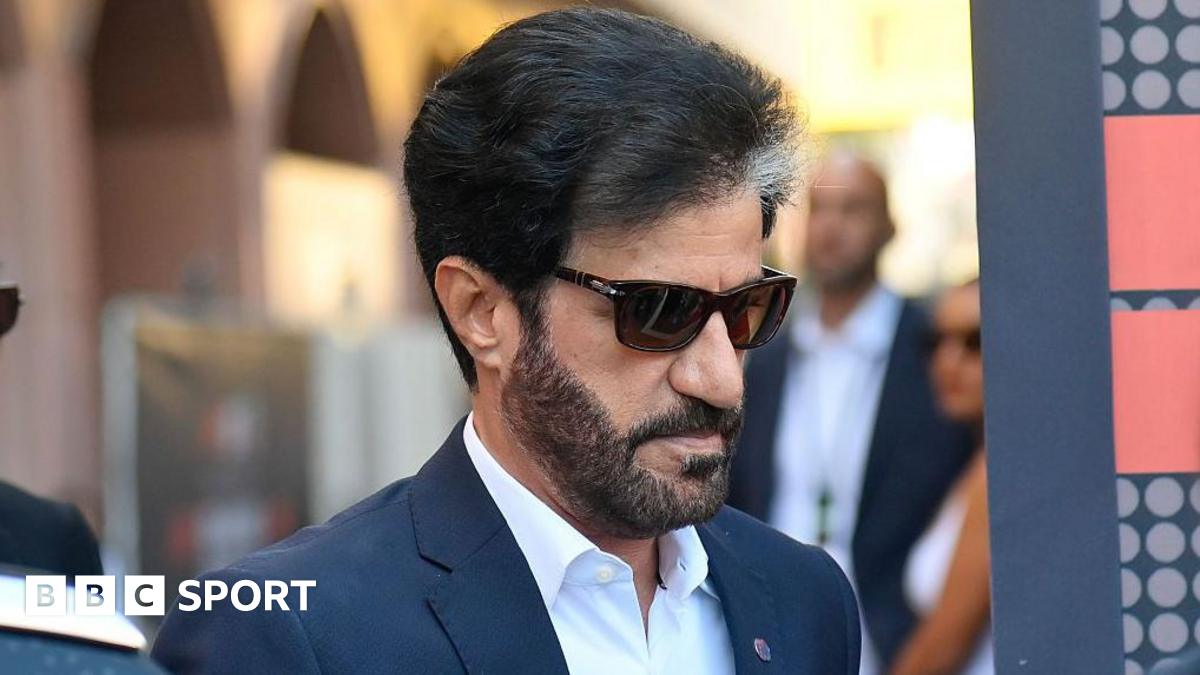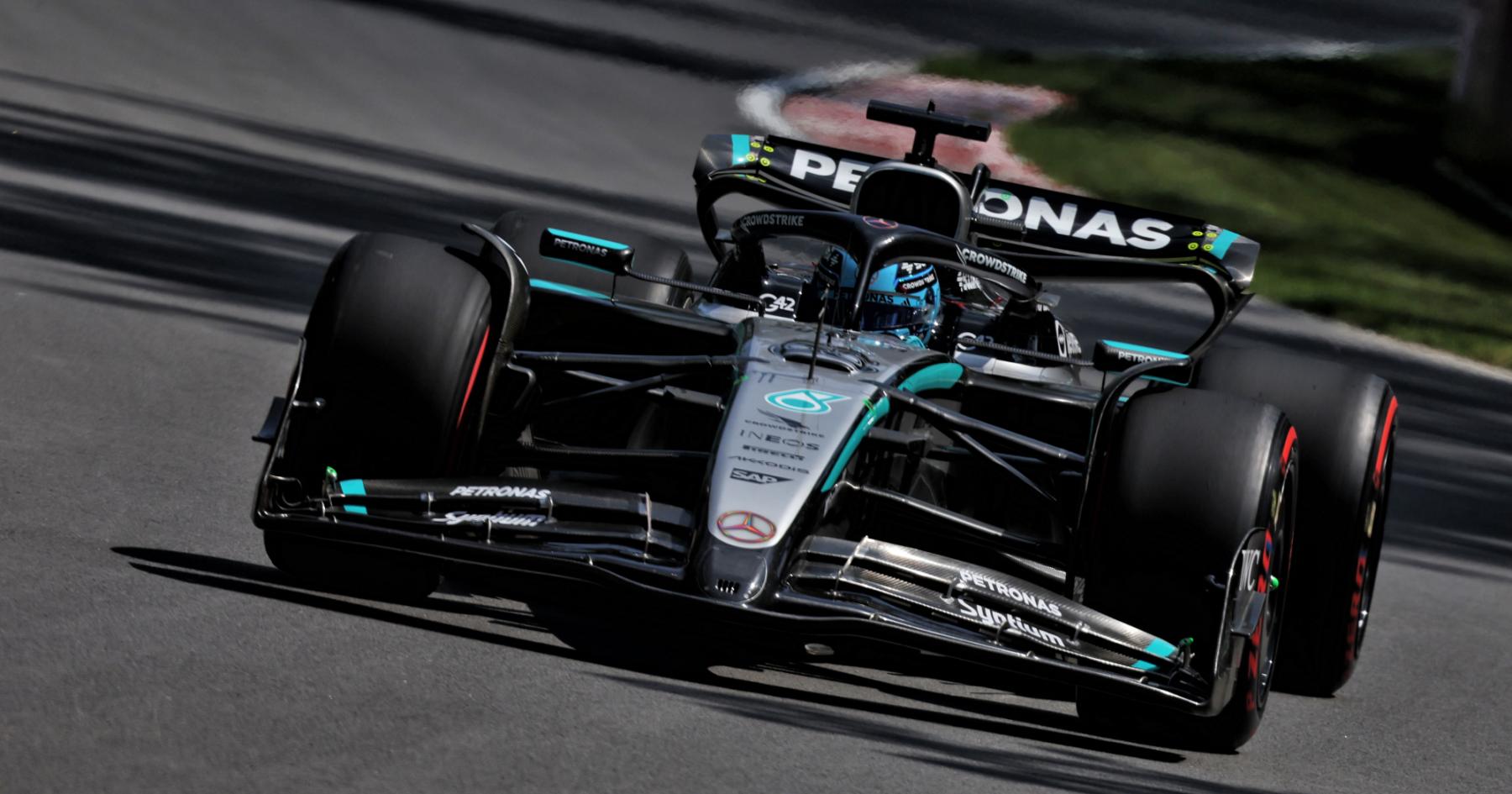FIA's Controversial Statute Amendments: A Deep Dive

Welcome to your ultimate source for breaking news, trending updates, and in-depth stories from around the world. Whether it's politics, technology, entertainment, sports, or lifestyle, we bring you real-time updates that keep you informed and ahead of the curve.
Our team works tirelessly to ensure you never miss a moment. From the latest developments in global events to the most talked-about topics on social media, our news platform is designed to deliver accurate and timely information, all in one place.
Stay in the know and join thousands of readers who trust us for reliable, up-to-date content. Explore our expertly curated articles and dive deeper into the stories that matter to you. Visit Best Website now and be part of the conversation. Don't miss out on the headlines that shape our world!
Table of Contents
FIA's Controversial Statute Amendments: A Deep Dive into the Fallout
The Fédération Internationale de l'Automobile (FIA), motorsport's governing body, recently implemented significant statute amendments sparking considerable controversy within the Formula 1 community and beyond. These changes, impacting everything from driver expressions to political statements, have ignited a heated debate about the balance between freedom of expression and the need for a regulated sporting environment. This article delves into the specifics of these amendments, examines the resulting backlash, and explores their potential long-term consequences.
What Amendments Caused the Uproar?
The most contentious amendments center around Article 12.2.1.c of the International Sporting Code. This revised article restricts drivers from making "political, religious, or personal statements or comments" without prior written approval from the FIA. This seemingly broad restriction has raised concerns about censorship and the potential chilling effect on drivers' ability to speak out on important social and political issues. Critics argue this contradicts the broader societal move towards greater freedom of expression and athlete activism.
Furthermore, the amendments also touch upon the display of political or religious symbols, potentially impacting driver attire and car livery. This has led to accusations that the FIA is attempting to stifle dissent and control the narrative surrounding the sport.
The Backlash and Key Arguments
The FIA's decision has been met with fierce opposition from various quarters. Lewis Hamilton, a prominent advocate for social justice, has been particularly vocal in his criticism, highlighting the importance of athlete voices in driving social change. His concerns, echoed by many other drivers and commentators, point to a potential clash between the FIA's desire for a controlled image and the growing expectation of athletes using their platforms to speak out against injustice.
-
Argument for the FIA: Supporters of the amendments suggest they are necessary to maintain neutrality and prevent the sport from becoming overly politicized. They argue that Formula 1 should remain a purely sporting competition, free from potentially divisive statements that could alienate sponsors or fans.
-
Argument Against the FIA: Conversely, opponents argue that the amendments are a form of censorship that undermines fundamental rights to freedom of expression. They contend that drivers are individuals with a right to express their opinions, particularly on matters of social justice and human rights. They also highlight the potential for selective enforcement, leading to accusations of bias.
Long-Term Implications and the Future of Athlete Activism in F1
The long-term impact of these amendments remains uncertain. The controversy itself has undoubtedly raised awareness about the delicate balance between sporting regulations and freedom of speech. The FIA’s decision could set a precedent for other sports organizations, raising concerns about the future of athlete activism globally.
It's crucial to note that the FIA has clarified its position, stating that the amendments are intended to prevent disruptive and controversial expressions, not to stifle genuine social commentary. However, the ambiguity of the wording leaves room for interpretation and potential for further conflict.
Conclusion: A Necessary Conversation
The FIA's controversial statute amendments have sparked a vital conversation about the role of athletes in society and the limits of sporting regulation. While maintaining a neutral sporting environment is essential, stifling freedom of expression is equally problematic. The ongoing debate highlights the need for a more transparent and nuanced approach to balancing these competing interests, ensuring both the integrity of the sport and the right of its participants to express their views responsibly. The coming months will be crucial in observing how these amendments are enforced and the extent of their impact on driver expression and the overall atmosphere of Formula 1. This debate warrants ongoing monitoring and discussion.

Thank you for visiting our website, your trusted source for the latest updates and in-depth coverage on FIA's Controversial Statute Amendments: A Deep Dive. We're committed to keeping you informed with timely and accurate information to meet your curiosity and needs.
If you have any questions, suggestions, or feedback, we'd love to hear from you. Your insights are valuable to us and help us improve to serve you better. Feel free to reach out through our contact page.
Don't forget to bookmark our website and check back regularly for the latest headlines and trending topics. See you next time, and thank you for being part of our growing community!
Featured Posts
-
 Zoe Saldana Faces Criticism For Emilia Perez Oscar Pronoun Use
Jun 16, 2025
Zoe Saldana Faces Criticism For Emilia Perez Oscar Pronoun Use
Jun 16, 2025 -
 Minnesota Weather June 15 2025 6 Am Report
Jun 16, 2025
Minnesota Weather June 15 2025 6 Am Report
Jun 16, 2025 -
 Fresh Blood In Boston Red Soxs Recent Call Up Could Change The Game
Jun 16, 2025
Fresh Blood In Boston Red Soxs Recent Call Up Could Change The Game
Jun 16, 2025 -
 2025 Canadian Grand Prix Live Timing News And Analysis
Jun 16, 2025
2025 Canadian Grand Prix Live Timing News And Analysis
Jun 16, 2025 -
 Zoe Saldana Uses They Them Pronouns Understanding Her Oscars Identity
Jun 16, 2025
Zoe Saldana Uses They Them Pronouns Understanding Her Oscars Identity
Jun 16, 2025
